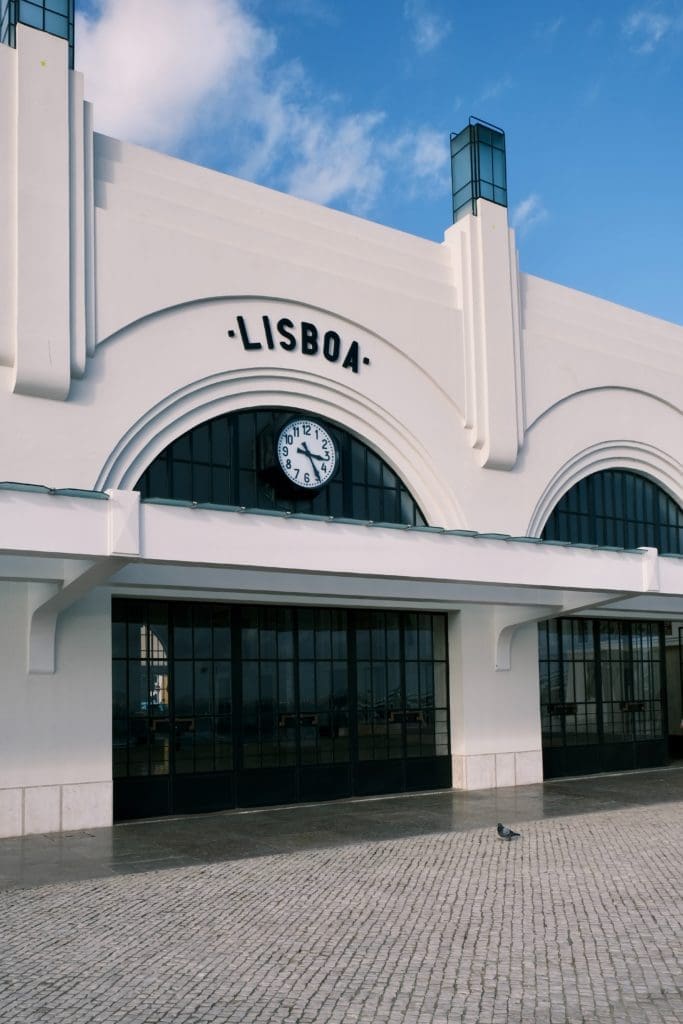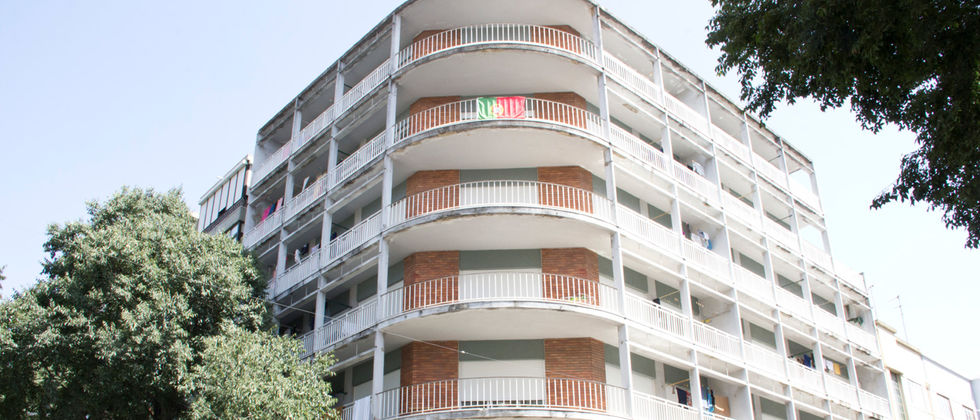University of Lisbon – Instituto Superior Técnico
Universidade de Lisboa (ULisboa) is the largest and most prestigious university in Portugal and is one of Europe’s leading universities. Heir to a university tradition that spans over seven centuries, ULisboa acquired its current status in July 2013, following the merger of the former Universidade Técnica de Lisboa and Universidade de Lisboa. ULisboa brings together various areas of knowledge and has a privileged position for facilitating the contemporary evolution of science, technology, arts and humanities. The quality of teaching, research, innovation and culture of ULisboa is attracting an ever increasing amount of talent from around the world.
ULisboa is responsible for making the city of Lisbon one of the great European capitals of culture and science, as it welcomes more than 9000 foreign students every year – about 17,8% of the total number of students – from over 100 countries, who are seeking high quality education as well as a different culture, delightful weather and the hospitality that Lisbon, and Portugal, have to offer.
Técnico is one of ULisboa Faculties. It was created in 1911, has approximately 11,000 students of more than 60 different nationalities; it’s a school of engineering, science and architecture, highly internationalized, which promotes the relationship between university-business-society and encourages innovation, entrepreneurship, job creation and knowledge. Técnico is a prestigious school in Portugal and abroad for its academic excellence, aiming to contribute to the development of society, promoting and sharing excellence in higher education in the fields of Architecture, Engineering, Science and Technology. Técnico offers Bachelor, Master and PhD programmes, lifelong training and develops Research, Development and Innovation (RD&I) activities, which are essential to provide an education based on the top international standards.
Técnico is the only Portuguese Higher Education institution with BSc and MSc degrees in Naval Architecture and Ocean Engineering (NAOE). Teaching in this field started back in 1976 and since 2007 it is organized in compliance with Bologna Agreement requirements. Naval Architecture and Oceanic Engineering at ULisboa and IST is ranked in 1st place at European level and 4th place worldwide in the 2023 Shanghai Ranking for the category Marine/Ocean Engineering. It has a strong international environment with 40% of foreign students from over 14 countries and participates in several international exchange programmes.
Naval Architecture and Ocean Engineering (NAOE)
Naval Architecture and Ocean Engineering (NAOE) teaching in Técnico is carried out in close connection with Centre for Marine Technology and Ocean Engineering (CENTEC), a research centre of IST, recognized and funded by the Portuguese Government through the Foundation for Science and Technology of the Portuguese Ministry of Science and Technology. It was founded in 1994, following a restructuring of the Portuguese research and development system, by 3 PhD researchers from the National Institute of Scientific Research (INIC). In 2007, already with 20 PhD researchers, the Unit’s denomination changed to Centre as a result of IST’s newly created statutes. In late 2015, CENTEC had 44 PhD researchers, among its more than 100 researchers.
CENTEC concentrates its activities on developing scientific research, development and demonstration, and their application to sustainable exploration and exploitation of marine resources, through the various fields of interest such as maritime transport and ports, ocean space utilization, including coastal areas, exploration and exploitation of marine resources, and nautical activities, as well as the protection of the marine environment and its resources. These activities are made possible by the design, construction, maintenance and planning of operation of ships and other floating structures and submersibles that constitute the main objectives of CENTEC’s activities.
CENTEC is organized in the following research groups:
- Marine Environment
- Marine Dynamics and Hydrodynamics
- Marine Structures
- Safety and Logistics of Maritime Transportation
Getting around
Lisbon is the capital and the largest city of Portugal. With over 20 centuries of History, this city located on the 7 hills has more than 500,000 inhabitants. Lisbon shows multiple contrasts between the historical and modern, combining different cultures, trends and lifestyles. Situated near the Tagus river and sunny almost all the time, the Portuguese capital has a unique beauty and an internationally acclaimed architectural singularity. Rich in monuments, neighborhoods (Baixa Pombalina, Belém, Bairro Alto, Chiado, Bica, Alfama and Mouraria), riverside zone, Fado houses, parks, gardens and viewpoints, Lisbon offers various possibilities to discover, so visit and enjoy the vast natural, historic and cultural city heritage.
The gastronomy of Lisbon is very influenced by its proximity to the sea. So typical specialties in Lisbon are fried cod, fried green beans, and grilled sardines on bread (mainly in the feast of the popular saints that occurs during the month of June). The most famous dessert in Lisbon is the traditional Pastel de Nata (custard tart), made in a former factory in Belém, better known as Pastel de Belém.
Some guides to help you go around:
International Student Guide | ULisboa
ESN Lisboa

Housing facilities
Every semester, the ULisboa Student Support Services sets aside vacancies in their Student Halls of Residence for foreign students studying at the University under the Mobility Programs.
To apply for a vacancy, foreign students participating in these programs should e-mail the application to the International Relations/Erasmus Office of the School they will attend at ULisboa; this request must be made after the acceptance of the study period has been confirmed; if the student is assigned an accommodation under the above conditions, he or she shall be informed of all the procedures to be followed.
The ULisboa Student Halls of Residence are not free, as the stay is subject to the payment of a monthly fee, which is set annually.

Culture and leisure
Visiting Lisbon is living different experiences. Lisbon is a city that charms its visitors.
Usefull links:
Início – Study in Lisbon
Are you lost? | Visit Lisboa
Desporto e Saúde | ULisboa

